elemintalshop
Salmon 1/2 Cent Falkland Islands Authentic Coin Money for Jewelry and Craft Making
Salmon 1/2 Cent Falkland Islands Authentic Coin Money for Jewelry and Craft Making
Couldn't load pickup availability
Salmon 1/2 Cent Falkland Islands Authentic Coin Money for Jewelry and Craft Making
Reverse: Salmon behind denomination, date at right
Lettering: FALKLAND ISLANDS
½
Obverse: The second portrait of Queen Elizabeth II facing right with a legend around the rim
Lettering: QUEEN ELIZABETH THE SECOND
Features
Issuer Falkland Islands
Queen Elizabeth II (1952-date)
Type Standard circulation coin
Years 1974-1983
Value ½ Penny
0.005 FKP = USD 0.0062
Currency Pound (decimalized, 1971-date)
Composition Bronze
Weight 1.782 g
Diameter 17.14 mm
Thickness 1.1 mm
Shape Round
Technique Milled
Orientation Medal alignment ↑↑
Number N# 7137
References KM# 1
Salmon Farming in the Falkland Islands:
A review of environmental and social
challenges and opportunities
An independent report for Falklands Conservation
Prepared by:
Peter Bridson
Seagreen Research
September 12th, 2018
Executive Summary
The global harvest of 2.2 million metric tonnes (mt) of farmed salmon in 2017 now greatly exceeds the catch of
wild salmon (0.8 million mt), and with a wholesale value of approximately £12.5 billion GBP per year, it is an
important economic commodity in all producing countries. In the Falkland Islands, a pilot project at Fox Bay in
1985 demonstrated the suitable environmental conditions for farming Atlantic salmon, and the Marine
Farming Ordinance of 2006 established the potential to allow the licensing of fish farms in the Islands.
Understanding or predicting the potential environmental and social repercussions of introducing salmon
farming into any new location is challenging, yet essential for sustainable development within the unique
environment and culture of the Falkland Islands.
The commercially viable minimum production in the Falkland Islands is estimated to be 35,000 mt and current
discussions indicate a proposed initial 50,000 mt. Even ten years ago, the Faroe Island’s 40,000 mt industry
was noted as having a salmon farm in almost every suitable bay and fjord. Other basic comparisons with
today’s salmon farming industries in small island groups such as the Faroe Islands, the Shetland Isles and the
Orkney Isles show that at the simplest level, a 50,000 mt scale of production would have a substantial
“presence” in the Falkland Islands. The closed-containment option, often promoted for its potential to reduce
direct environmental impacts by growing salmon in land-based tanks, is not currently considered to be
commercially viable in the Falkland Islands.
The environmental impacts of salmon farming are regionally distinct, complex, and (despite often being the
subject of considerable study) are in many cases highly contested. In general (i.e. across all production
regions), the key environmental impacts relate to nutrient inputs into the water column, settlement of
particulate wastes on the seabed, escapes, wildlife interactions, antibiotic and pesticide use, pathogens and
parasites and their transfer to wild species, the production of feed ingredients, and the potential introduction
of non-native species during live salmon movements. Typically only a few of these impacts are considered to
be a high concern in any one region, but the combinations of impacts are surprisingly varied across regions.
The floating net pen production system for growing salmon to harvest size is ubiquitous, and while effective
from a commercial perspective, its “open” nature of exchange with the surrounding environment combined
with its vulnerability to storm damage and human error mean that the above suite of potential environmental
impacts are ever present depending on the local circumstances. The regulatory structures in place in the
developed countries in which salmon farming currently takes place are typically considered to be
comprehensive, yet the effectiveness of their content and/or enforcement continue to be questioned in the
light of any ongoing impacts. As a result, salmon farming industries continue to face local environmental
opposition, in varying degrees of vociferousness, in every region that they operate.
Share
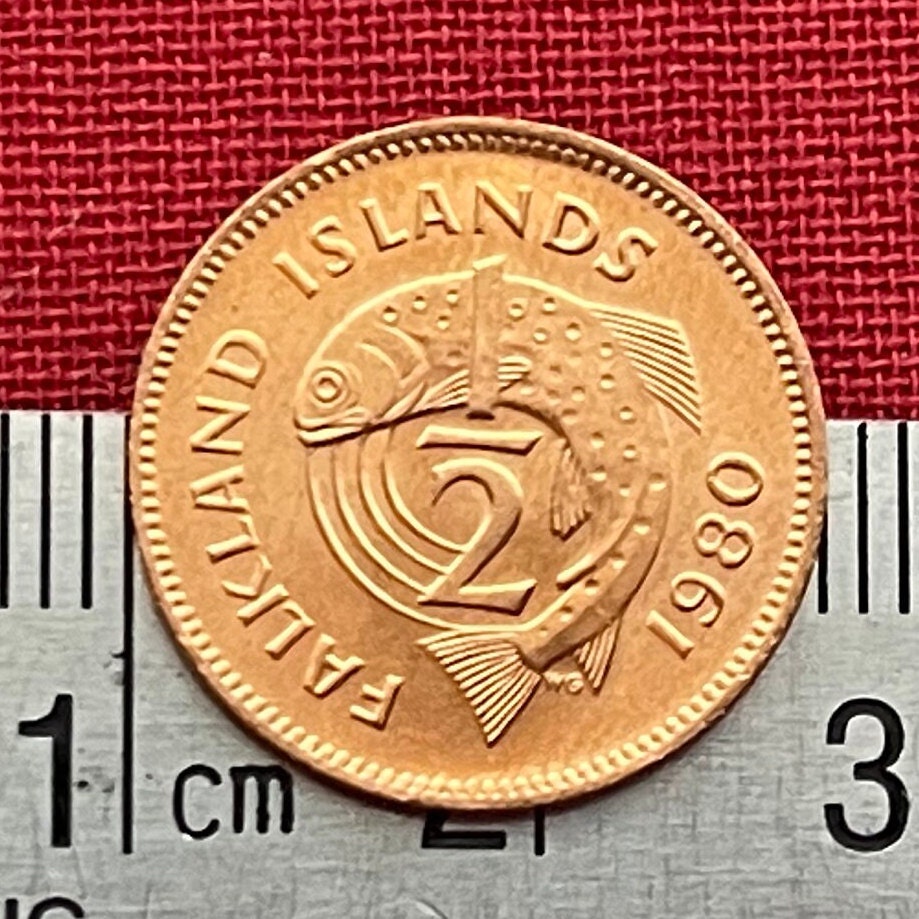
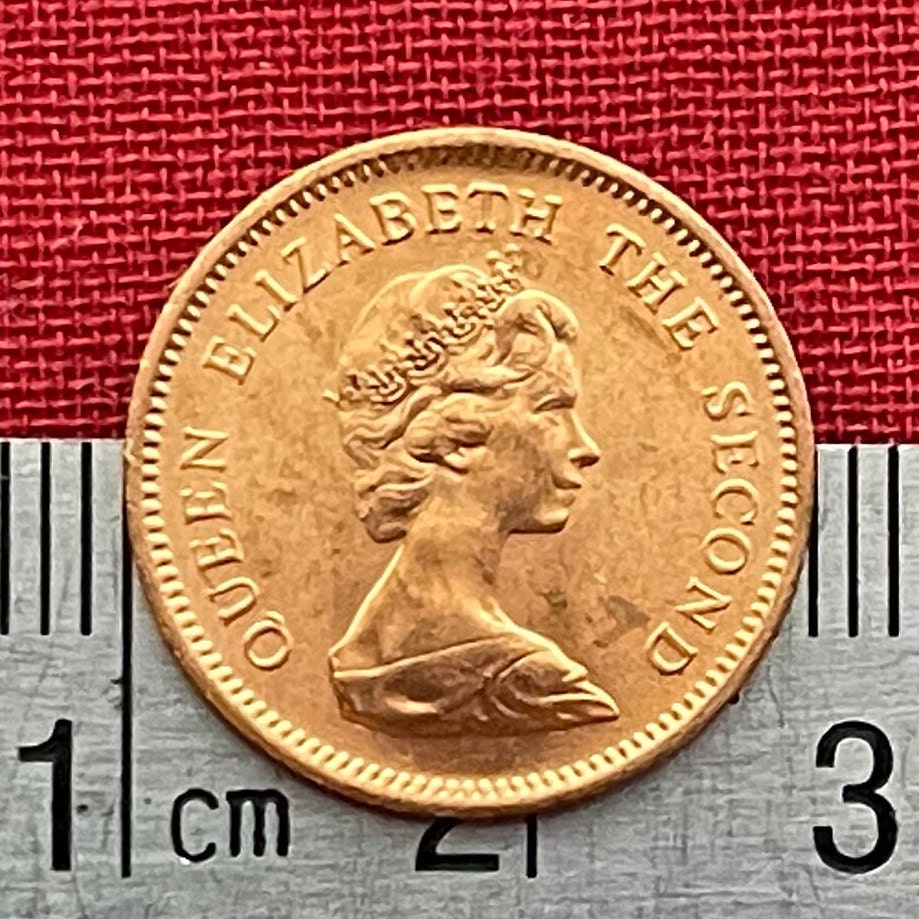
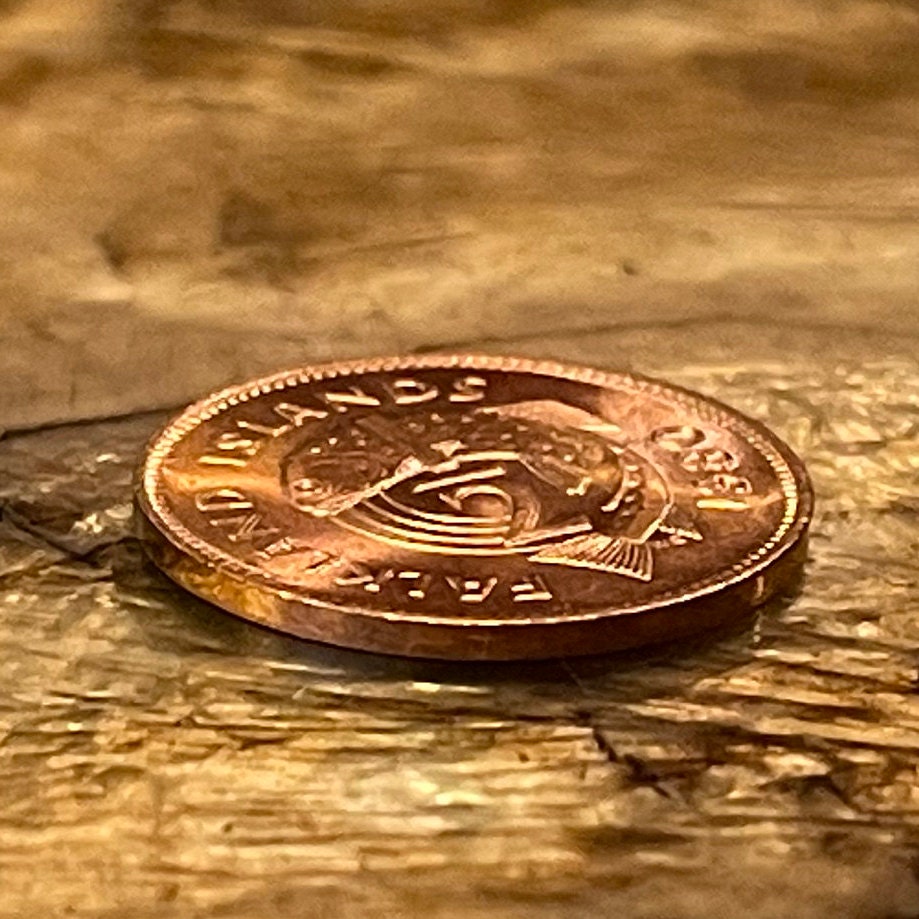
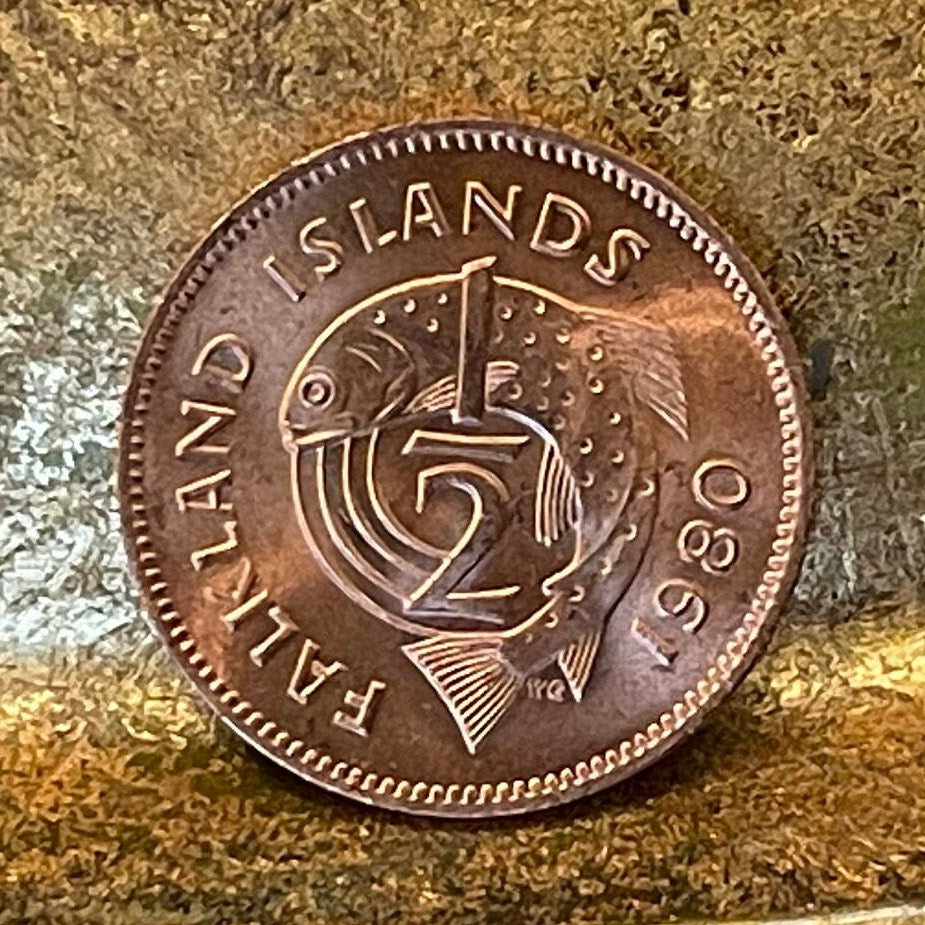
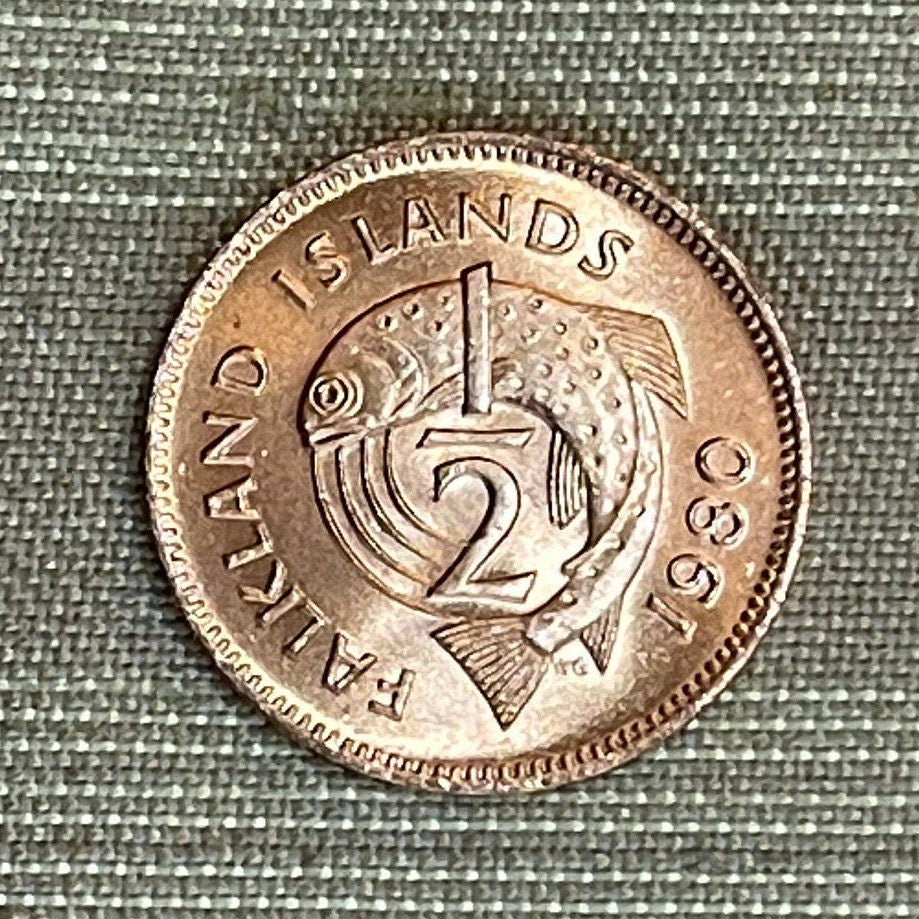
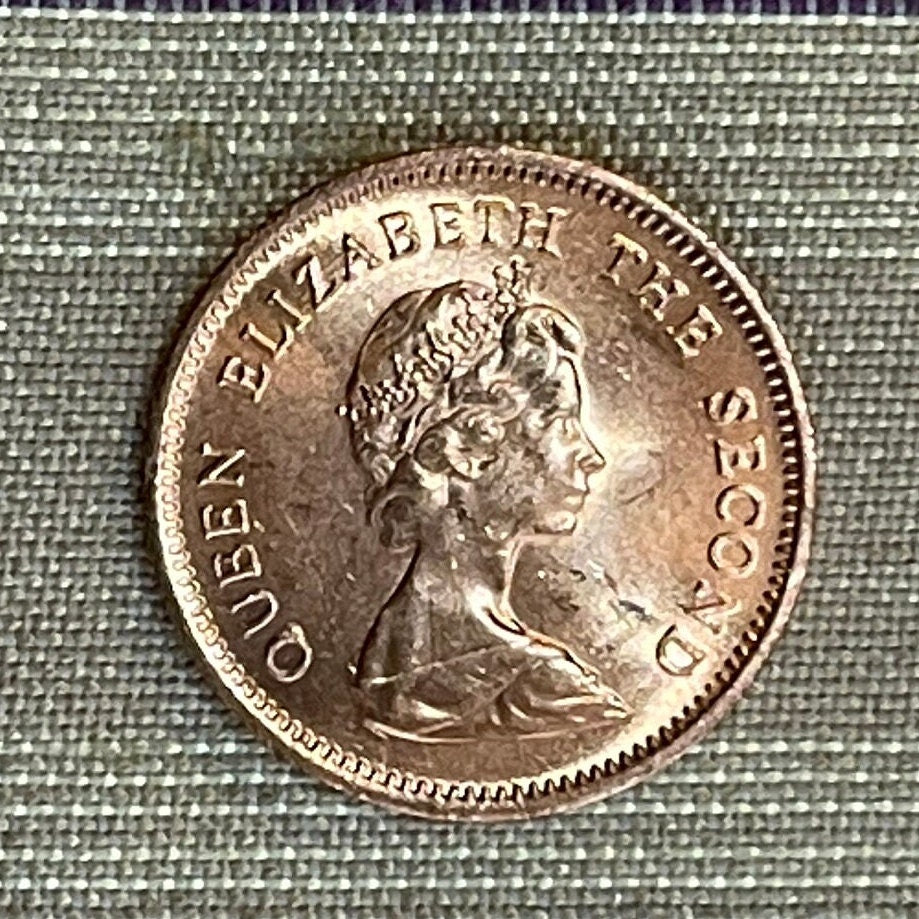
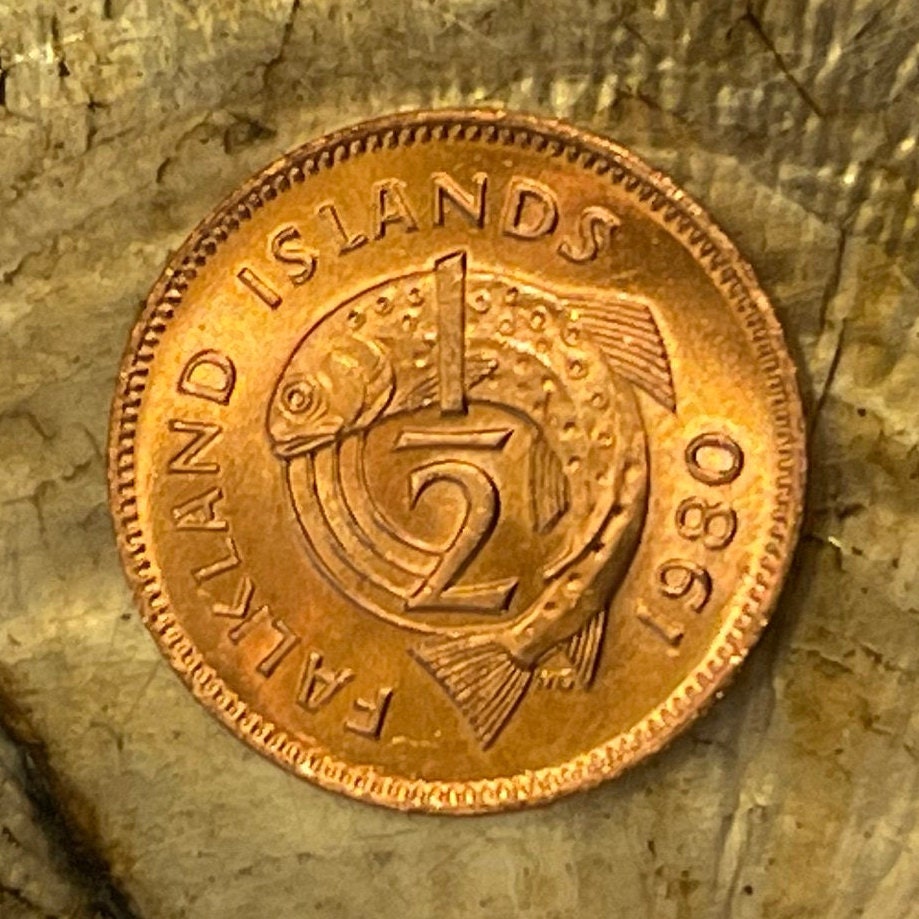
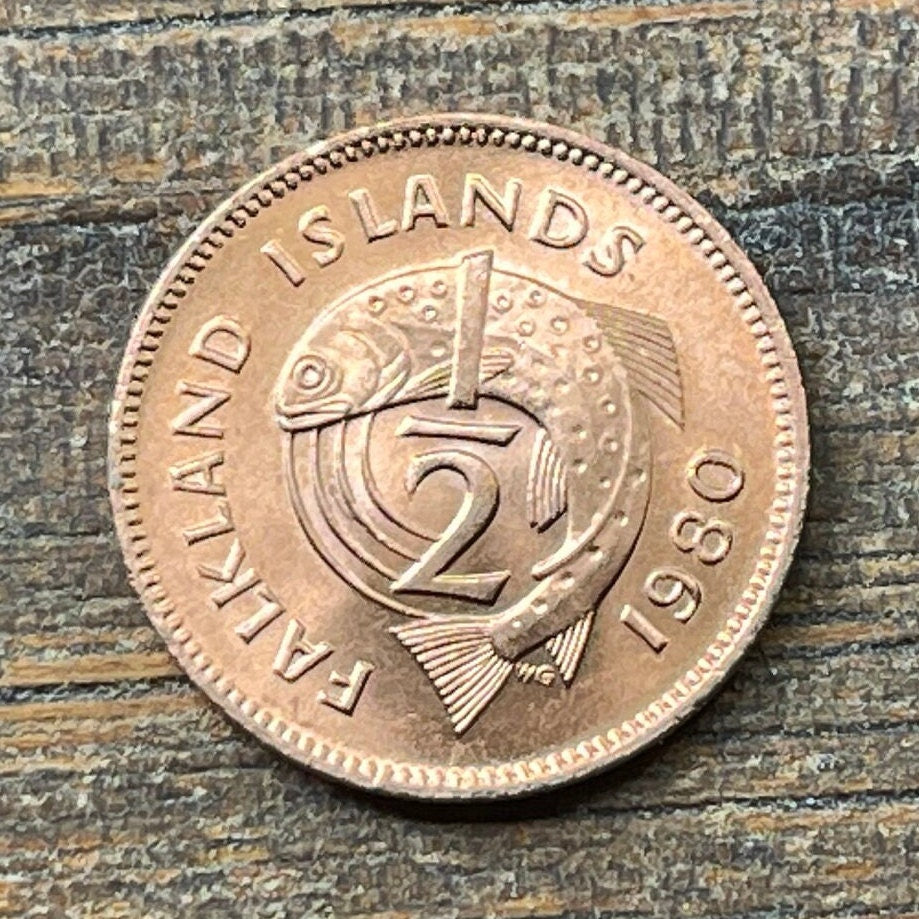
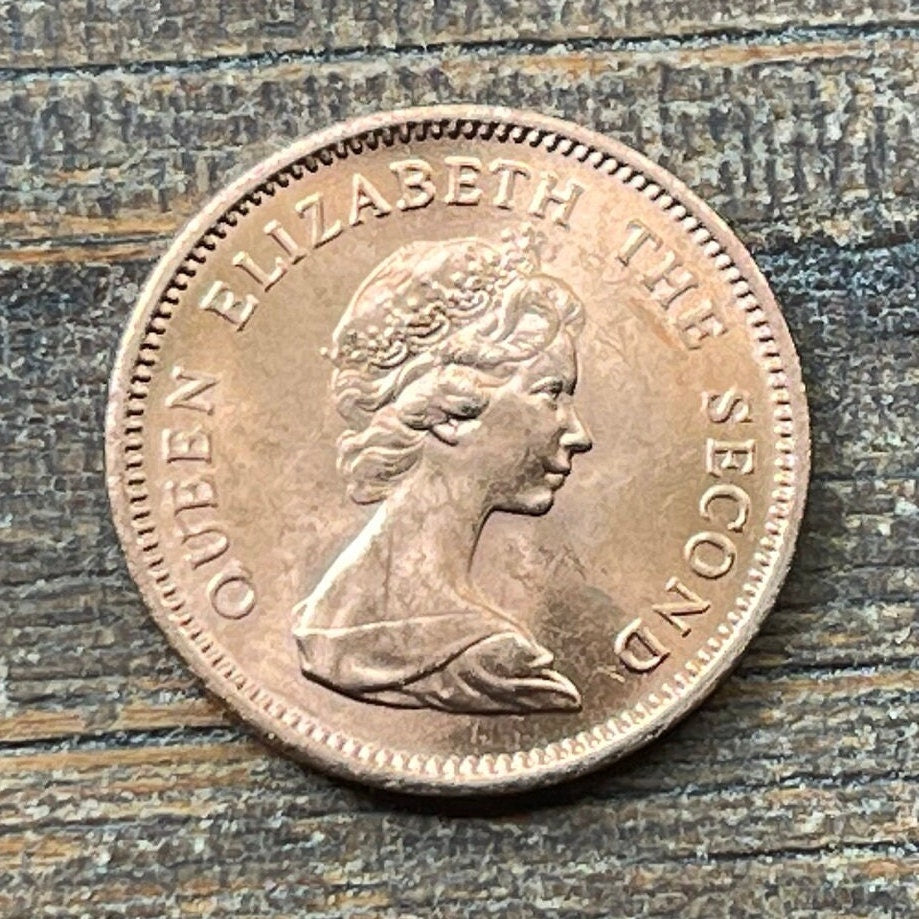
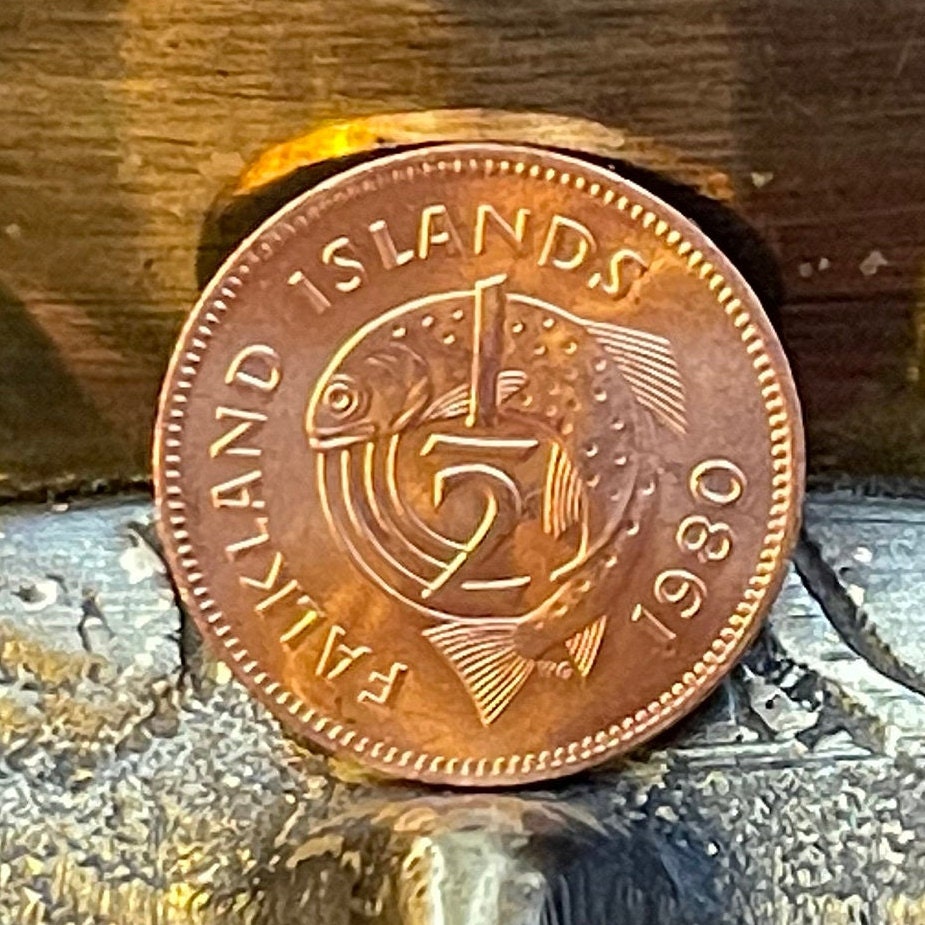
Love this coin! I'm gifting my husband coins that have fish on them as he's a coin collector (and loves to fish) and this one is perfect for the set!
Arrived promptly, well packaged, and a beautiful coin!
Highly recommend this shop. Really fast shipping and lovely coins.
Super coins and notes and fast shipping!
5 stars review from Michael









